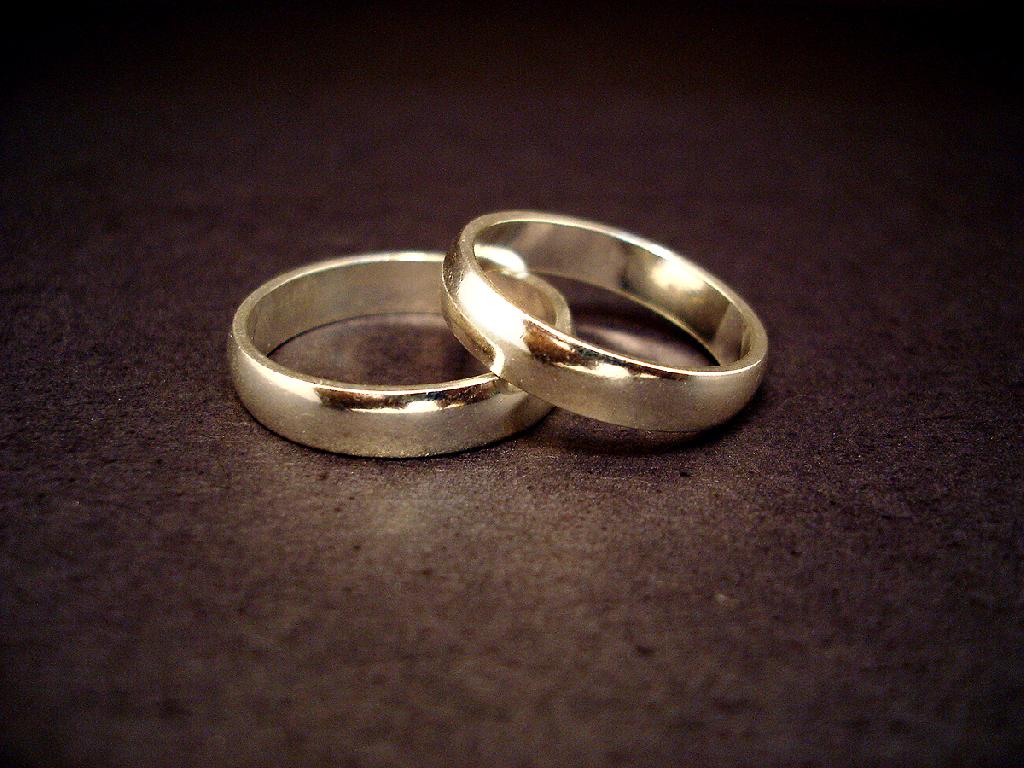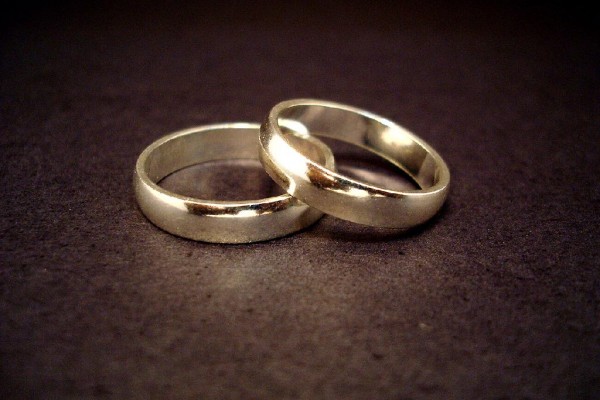
The Church of England backing down on same-sex marriage legislation: A sign of our times?
- By Alison Lesley --
- 23 Jul 2013 --

A widely debated issue these days is the issue of same-sex marriage. People from all walks of life can easily be polarized when it comes to this controversial issue. On the secular front, more and more governing bodies, including local governments, are consenting to the legalization of same-sex marriage. In the United States, for example, same-sex marriage is recognized legally in 13 states including Connecticut, Delaware, New York and New Hampshire. Though marriage is arguably a civil right before anything else, it is not surprising that religion often plays a big role on the moving forward or hindrance of the legalization of gay marriage, especially the Christian religion. Christianity stipulates that marriage be between a man and a woman only, not a man and a man, or a woman and a woman. A specific example of a religious entity that has made a stand against the legalization of same-sex marriages is the Church of England. A statement from the lead bishop of the church goes: “gay marriage posed one of the biggest threats of disestablishment of the Church of England since the reign of Henry VIII” (Christianity Today).
On June 6, 2013, the Church of England, who was adamantly opposing a government bill that would legalize same sex marriage, “backed down,” as the Christianity Today blog describes, because of “the clear, parliamentary majorities in favor of the same-sex marriage bill [that] indicate support for the practice on principle.” They opted for activism for the “improvement” of the bill, especially with regards to “its approach to the question of fidelity of marriage and the rights of children.” Such a shift in ‘policy-related stance by the Church of England potentially has great implications on the religious front. It brings to light the idea that a shift in the very definition of marriage may be possible, even with the influence of religious entities. Can this mean that marriage can be ascertained as first and foremost a civil right that individuals have, regardless of sex or religious affiliation? Will religion take a secondary role in the determination of whether a marriage is recognized in the secular world and will this shift in reality consequently lead to a widespread paradigm shift?
The other issue that is inevitably related to the issue of same-sex marriage apart from religious doctrine is the separation of church and state. Can the state make decisions on the recognition of gay marriages based on the decision of the democratic majority without the influence of the church? Although the current state of affairs shows that it is possible to recognize the LGBT population’s right to marry regardless of the religious involvement of predominant religions in the governing body’s jurisdiction, this may still be a distant reality in some places.
One can safely say however that we are definitely moving towards the liberal perspective when it comes to same-sex marriages. Whether it will become universally accepted by both religious and non-religious entities, it might be too early to tell. I wouldn’t be surprised if same-sex marriages eventually become the norm in another 10, 20 or 30 years. After all, didn’t we use to think that giving women the right to vote was crazy? To go even more far back, wasn’t Galileo initially persecuted for rejecting the idea that the earth was the center of the universe in favor of heliocentrism? The only thing constant in this world is change, as the cliché goes.



















